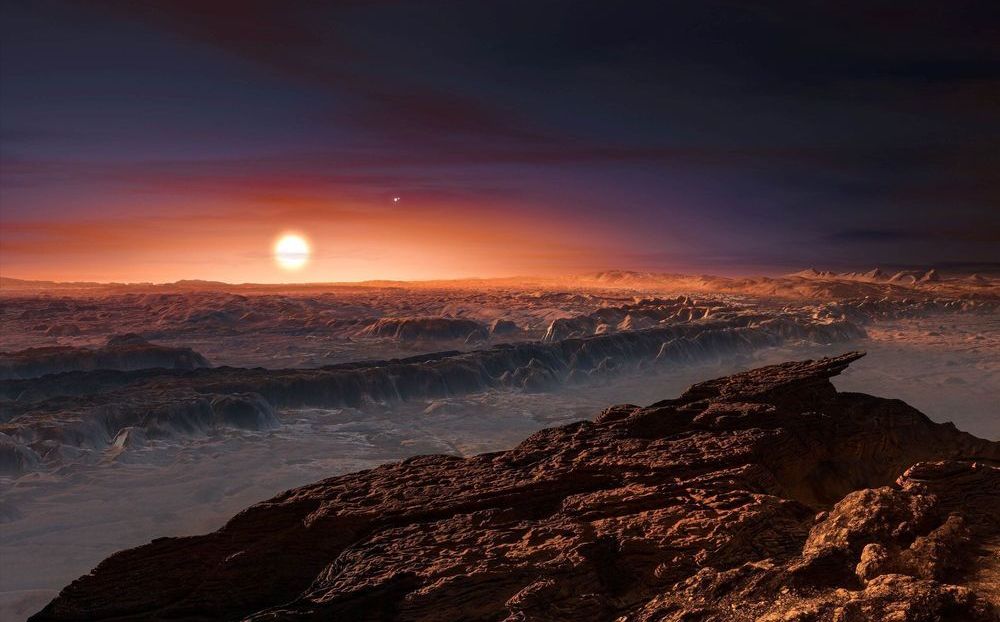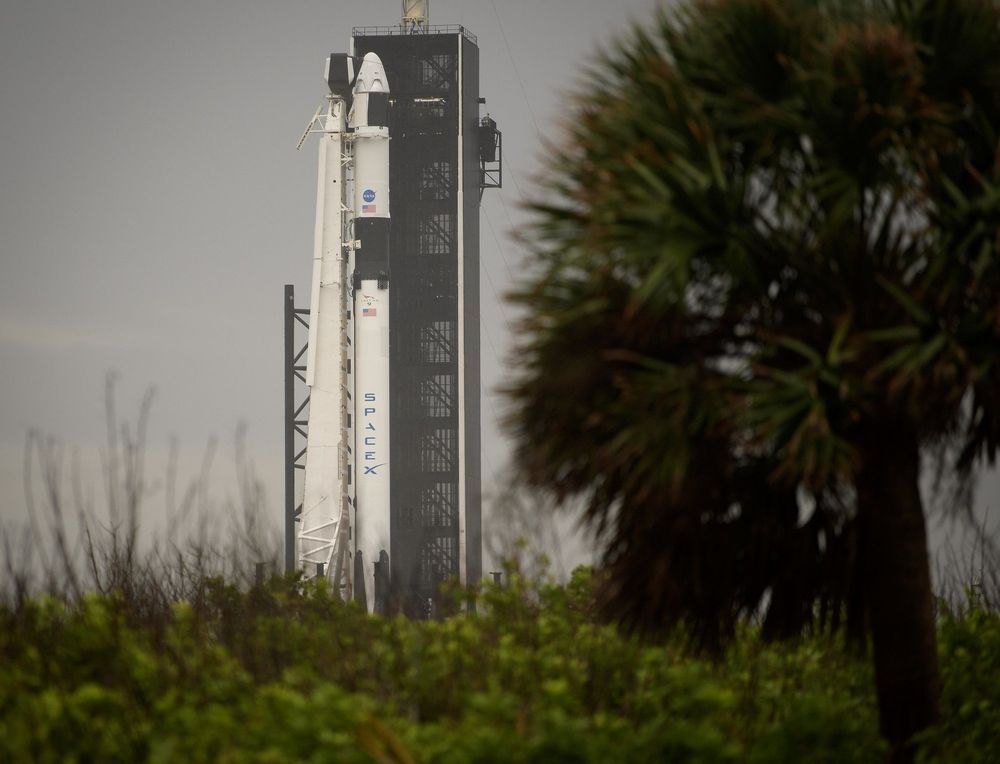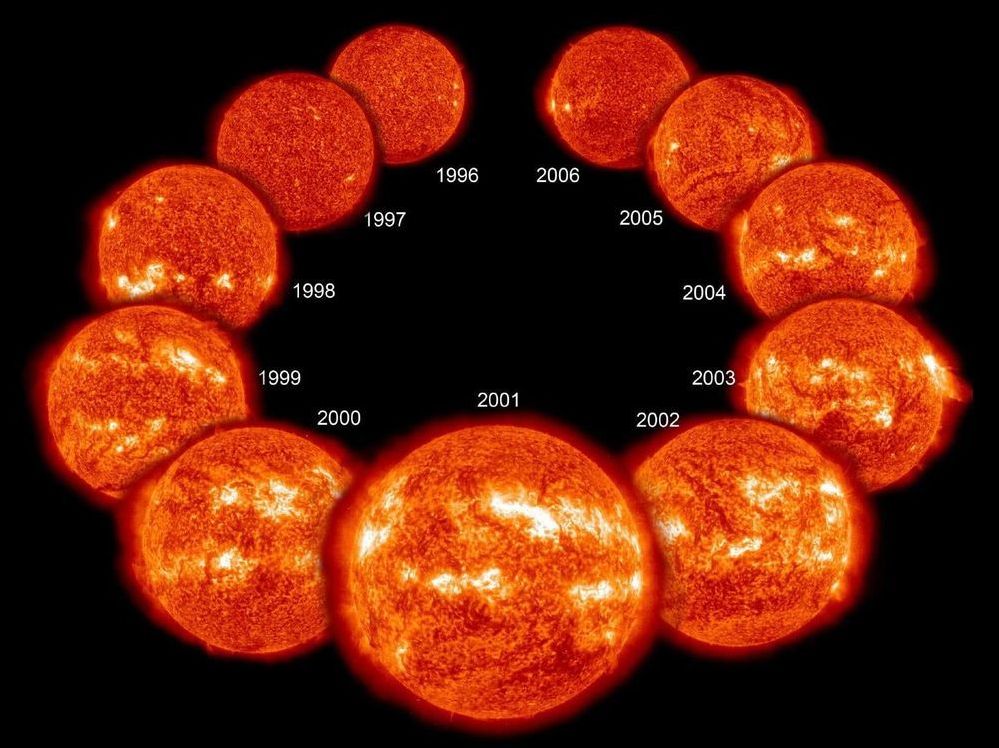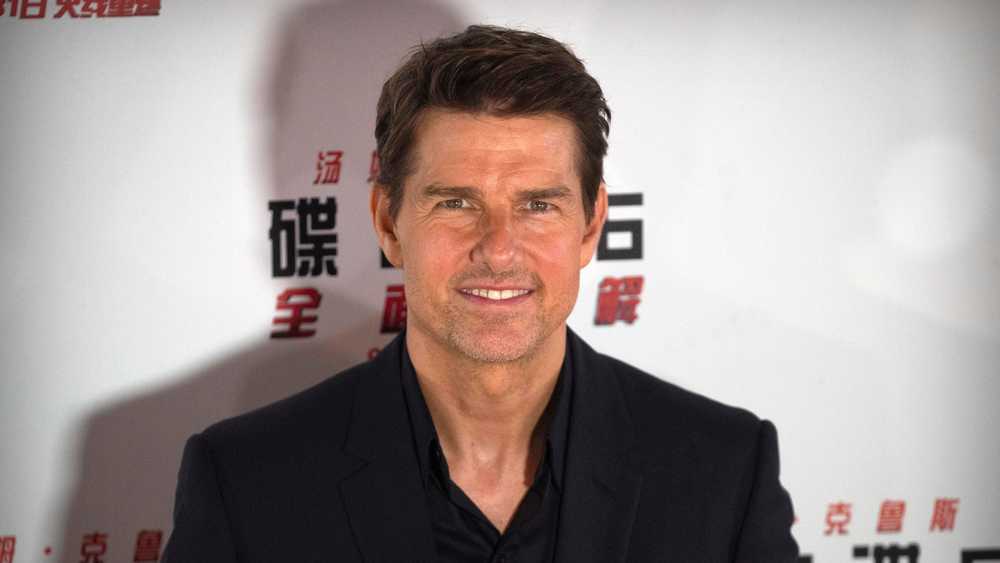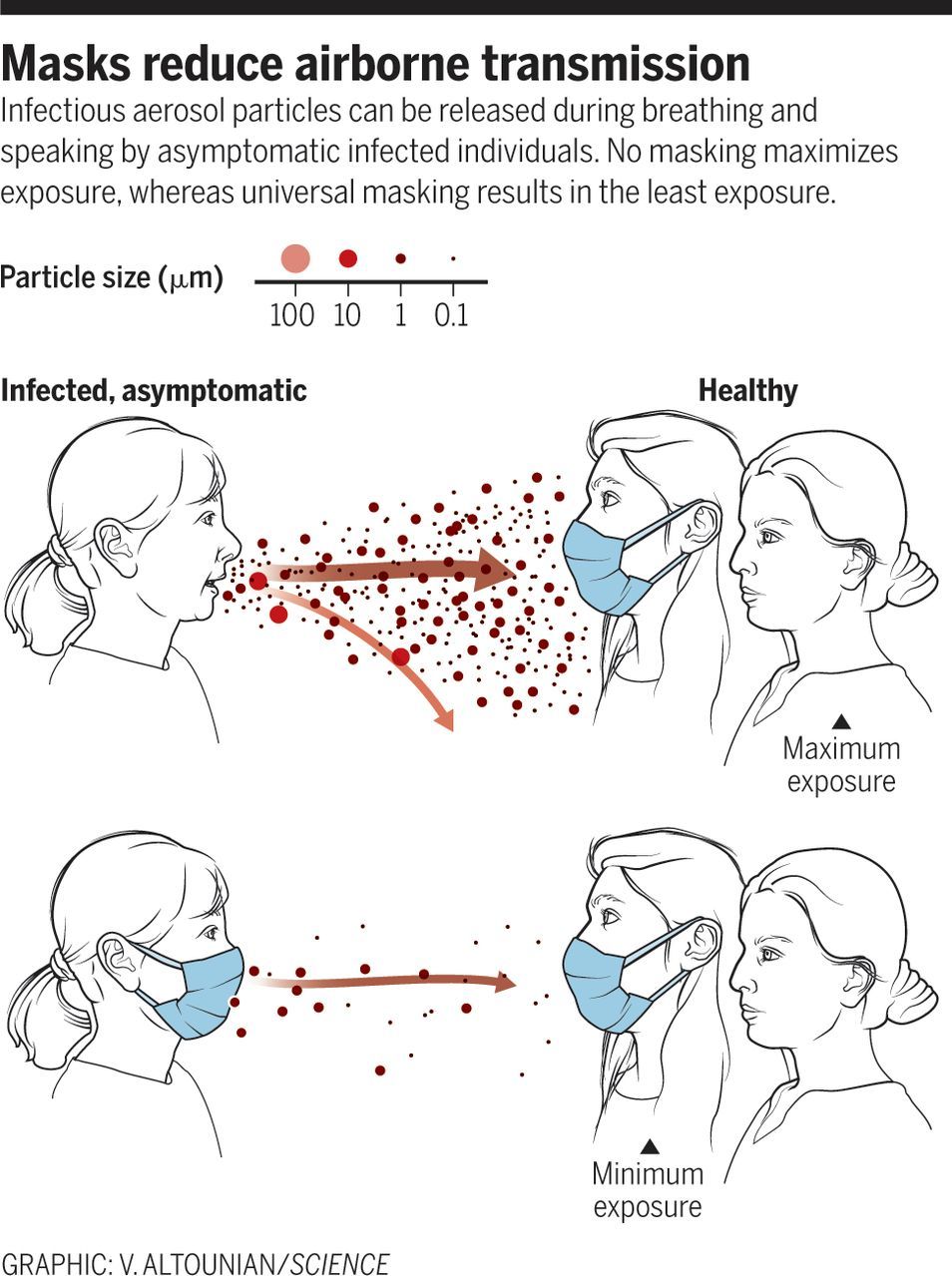Make no small plans. That seems to be the logic among the leaders of Algeria.
For some perspective, I just wrote about the corporate behemoth Amazon, which hopes to get to 100% renewable electricity by 2025 (firm target of 2030) and has a whopping total of 31 utility-scale wind and solar power plants built or planned that add up to 2,900 MW of total power capacity. That’s 2.3 gigawatts (GW). Algeria is talking about building 4 gigawatts of solar power capacity in 5 years. That’s a pretty stunning target.
Algeria does have a population of 44 million, making it the 32nd most populous country in the world. It also has ample sunshine. Nonetheless, 4 GW means increasing the country’s solar power capacity 10 times over, and that solar power capacity hasn’t changed much in the past 3 years.

